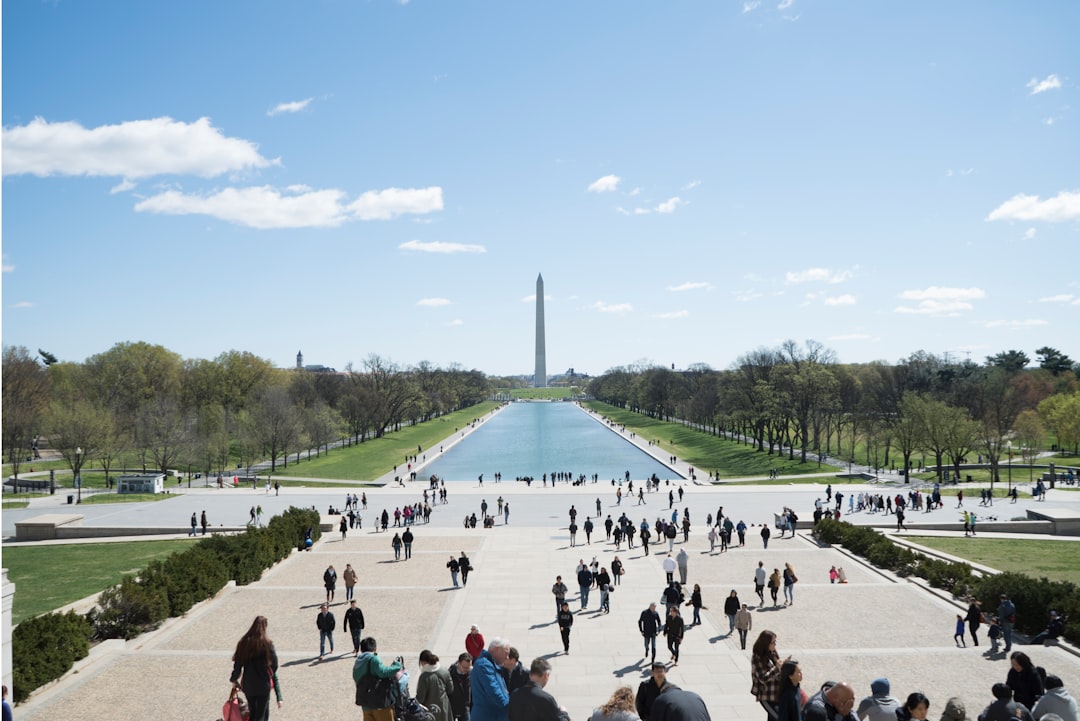Seattle's "Do Not Call" list for attorneys is ineffective due to loopholes and insufficient enforcement, leading to aggressive telemarketing practices that harass residents. To protect consumers, stricter laws and enhanced enforcement are needed targeting Do Not Call attorneys in Washington. A strategic approach includes engaging lawmakers, educating residents, amplifying success stories on social media, and collaborating with like-minded groups to drive meaningful change.
Seattle, known for its progressive values, faces a unique challenge with outdated telemarketing laws. This article explores strategies to advocate for stronger regulations in the city. First, we’ll analyze Seattle’s current telemarketing landscape and its impact on residents. Then, we’ll present a case study highlighting the consequences of weak laws. Finally, discover effective advocacy methods, including engaging community leaders, educating policymakers, and employing targeted campaigns, to bring about change and protect Do Not Call attorneys Washington residents from unwanted calls.
Understanding Seattle's Telemarketing Landscape

Seattle, like many cities across the nation, experiences its fair share of telemarketing calls, including those from law firms promoting their services. While some level of unsolicited communication is inevitable, the city’s current regulations may not be sufficient to protect residents from excessive or aggressive telemarketing practices, especially when it comes to legal services.
Understanding Seattle’s telemarketing landscape involves recognizing the prevalence of “Do Not Call” attorney listings being ignored or bypassed. With a growing number of law firms operating in the area and competing for clients, some may employ high-pressure sales tactics, making it challenging for residents to exercise their right to opt-out. This issue underscores the need for stronger regulations and enforcement mechanisms to ensure that Seattle’s consumers are protected from intrusive telemarketing practices, especially those related to legal services.
The Impact of Weak Laws: A Case Study

Weak telemarketing laws have significant consequences, as seen in recent cases where residents of Seattle have been plagued by incessant calls from Do Not Call attorneys Washington list violators. Despite state and federal regulations intended to protect consumers, loopholes and inadequate enforcement allow unscrupulous callers to harass citizens with impunity. This has led to a heightened sense of frustration and trust issues among the affected communities.
The absence of stringent oversight results in a culture where telemarketing practices are often aggressive and disrespectful. Seattle residents, already facing time constraints and busy lives, are further burdened by the need to constantly manage and block unwanted calls. This case study underscores the urgent need for stronger laws and more robust enforcement mechanisms to protect consumers from invasive telemarketing activities.
Strategies for Effective Advocacy and Change

Advocating for stronger telemarketing laws requires a strategic approach, especially in Seattle where regulations may differ from other areas. Start by dive into understanding the current legal landscape and identifying gaps that allow intrusive or deceptive practices. Engage with local lawmakers, share firsthand experiences, and provide data on the impact of unwanted calls, specifically targeting Do not call attorneys Washington lists.
Organize community events, workshops, and awareness campaigns to educate residents about their rights and the nuisances of excessive telemarketing. Utilize social media and online platforms to amplify your message, sharing success stories and personal experiences while advocating for stricter regulations. Remember, navigating this process requires persistence, collaboration with like-minded groups, and continuous communication with elected officials to drive meaningful change.





